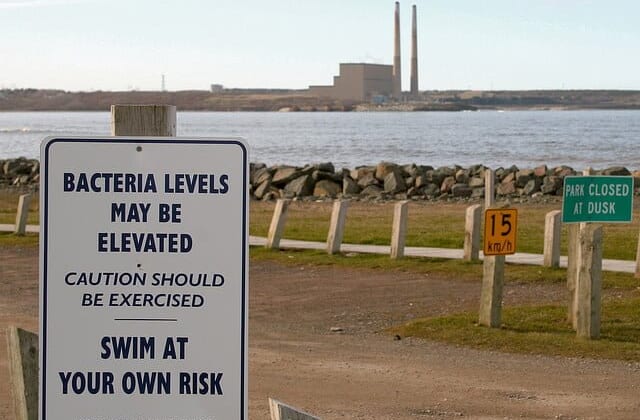
When pregnant mothers breathe in polycyclic aromatic hydrocarbons (PAH) and other combustion-related pollutants, the pollutants can be transferred across the placenta and bind to the DNA to the fetus. This process forms adducts in the blood and other tissues, which researchers used to measure the level of exposure.
In urban air, traffic emissions are a dominant source of the pollutants measured in the study, the researchers said. They controlled for other factors such as environmental tobacco smoke and diet in the analyses.
“The results are of potential concern since attention problems and anxiety and depression may affect subsequent academic performance as well as peer relationships and other aspects of societal functioning,” said Dr. Frederica Perera, the study’s lead author and Center Director.
Perera said it is possible to reduce air pollution through currently available pollution controls, energy efficiency alternative energy sources.
The study was published in the journal Environmental Health Perspectives.
